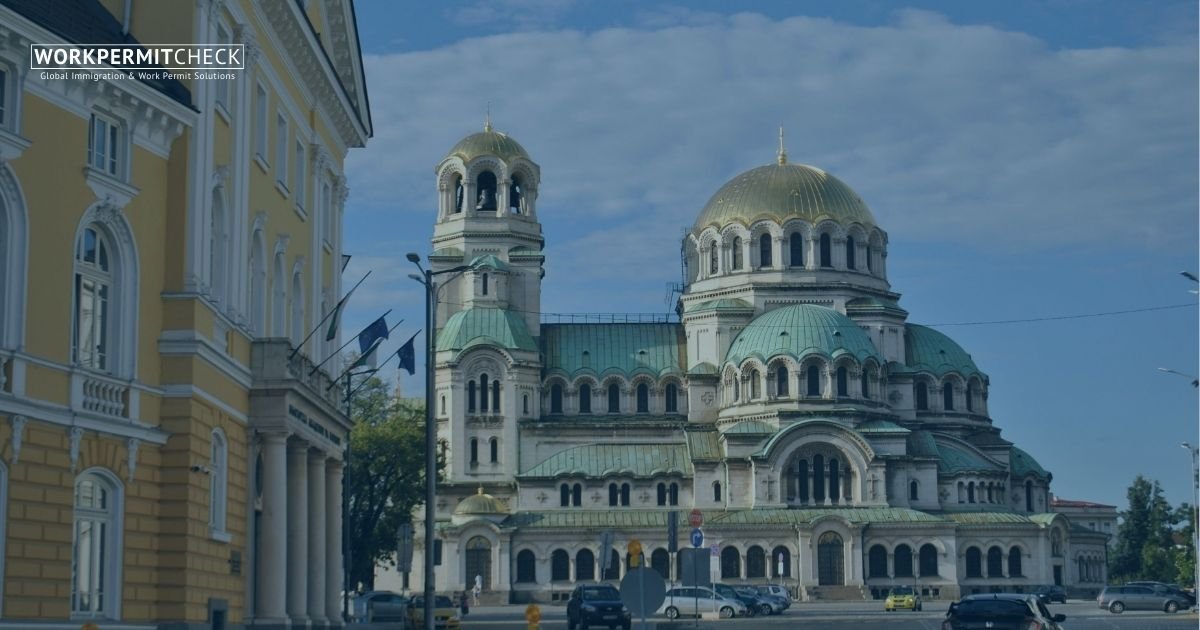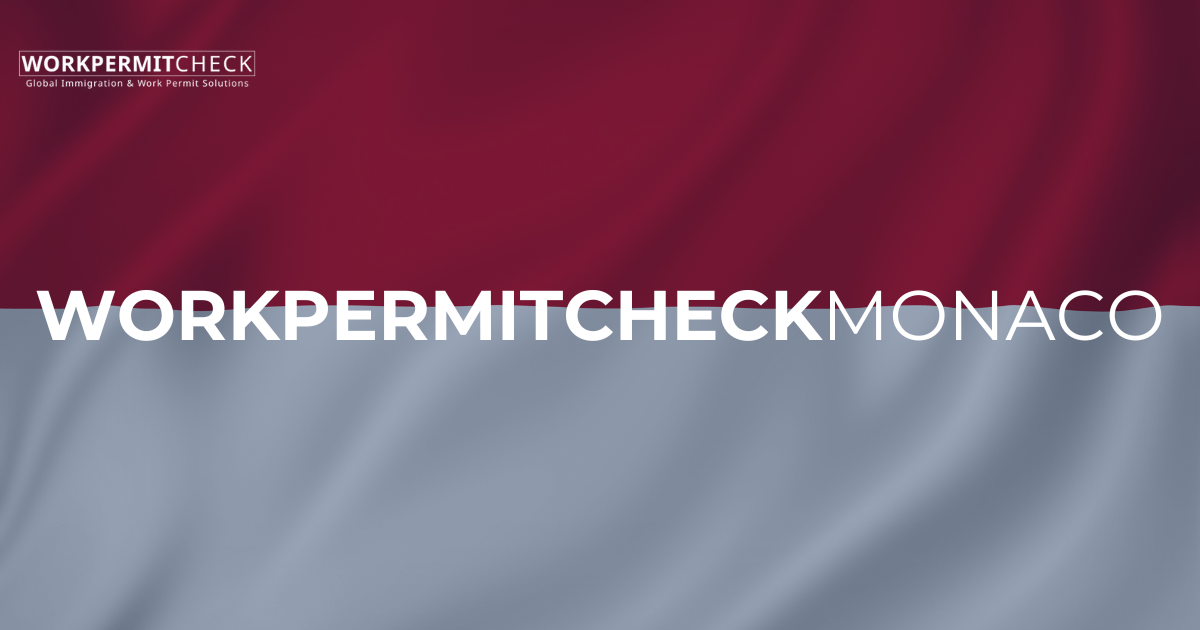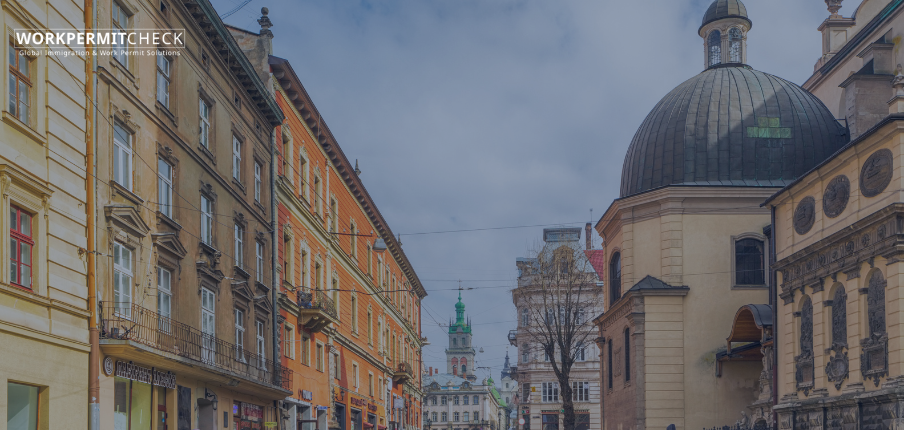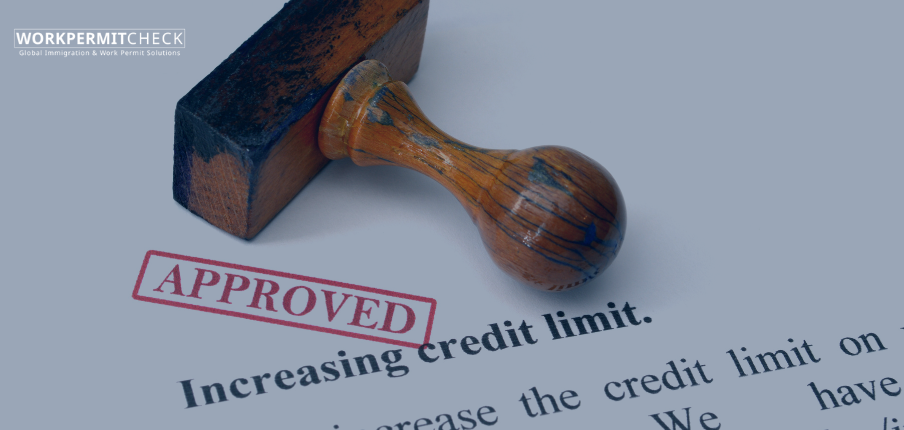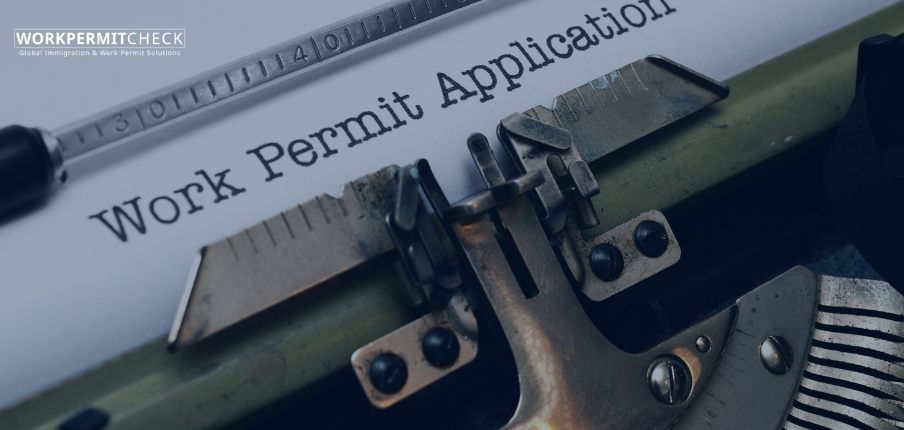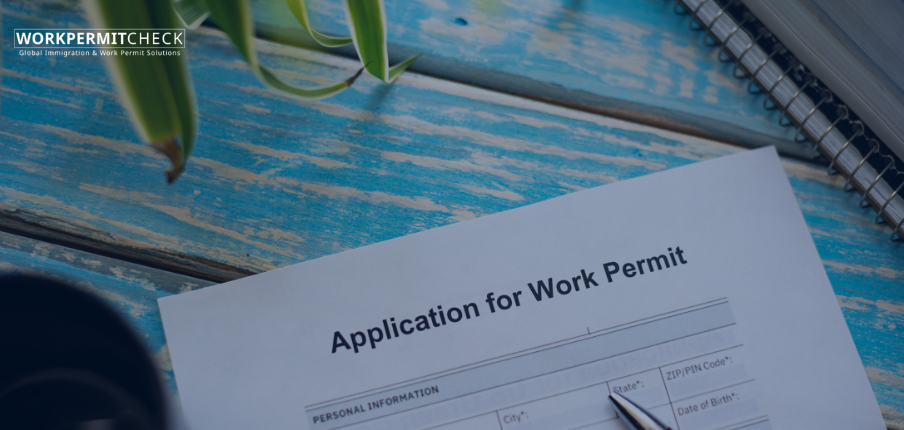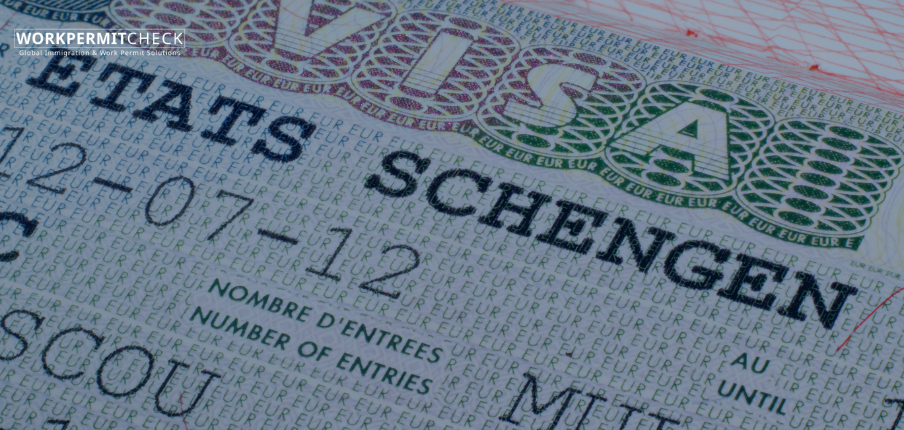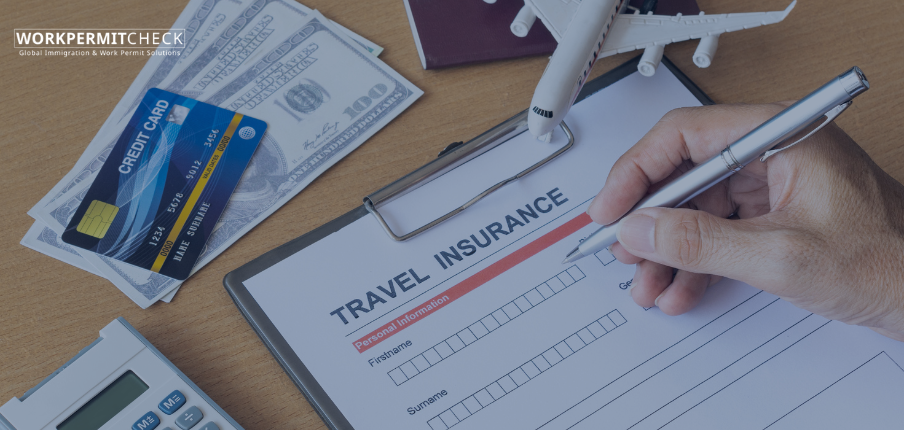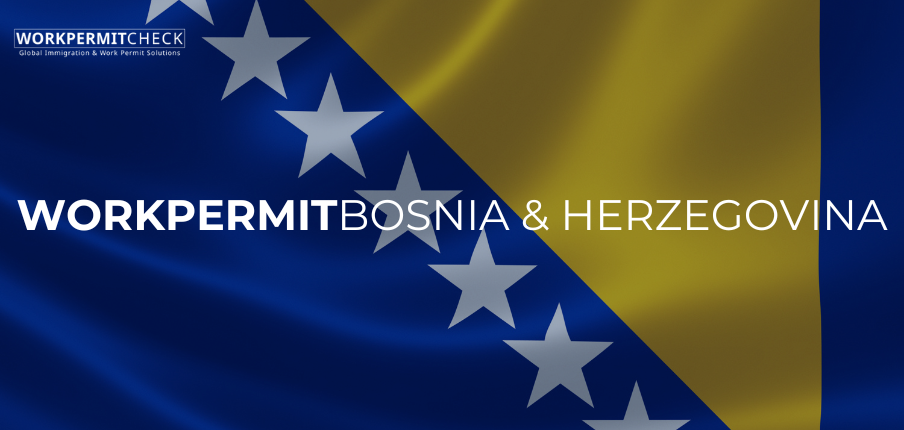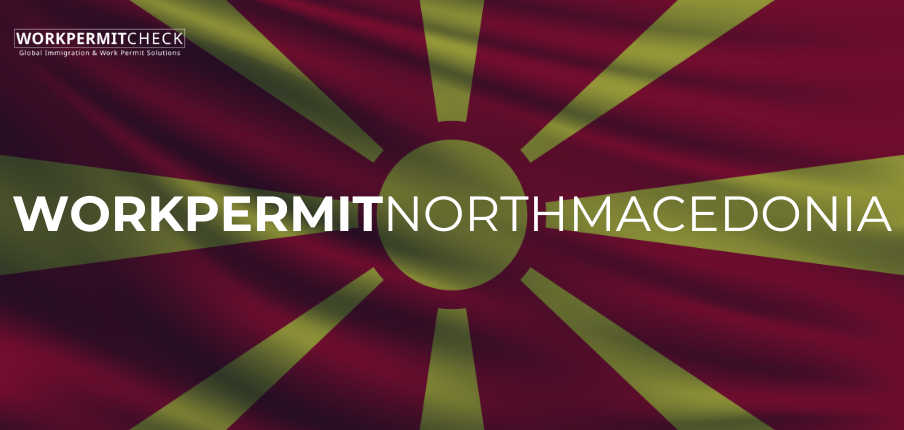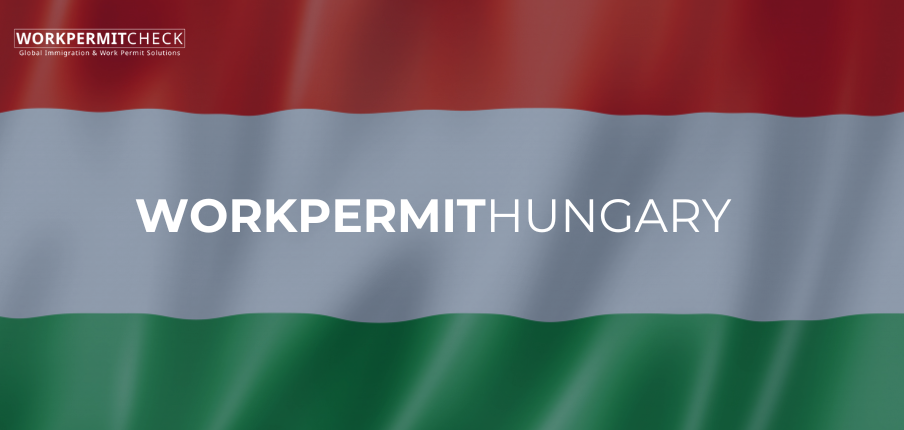Estonia is a rapidly growing digital economy and an increasingly attractive destination for international professionals. With its efficient e-governance system, startup-friendly environment, and high quality of life, Estonia offers great opportunities for skilled foreign workers. If you are a non-EU/EEA/Swiss national planning to work in Estonia, obtaining a work permit is a necessary step.
Who Needs a Work Permit in Estonia?
If you are a citizen of a non-EU/EEA country or Switzerland, you will typically need a work permit to work in Estonia. EU/EEA/Swiss nationals do not need a work permit but must register their stay with local authorities if staying longer than 90 days.
Types of Work Permits in Estonia
1. Short-Term Employment Registration
Non-EU citizens can work in Estonia for up to 365 days within 455 days with short-term employment registration. This is often used for seasonal jobs, IT, or startup roles.
2. Temporary Residence Permit for Employment
This is the standard work permit for longer employment periods. It is valid for up to five years and may be extended.
3. EU Blue Card
This permit is for highly qualified non-EU professionals. Applicants must meet specific education and work experience requirements and have a binding employment contract.
4. Startup Visa and Permit
Foreigners joining or founding startups in Estonia may apply under the Startup Visa program, which includes a fast-tracked residence permit process.
Eligibility Criteria
To be eligible for a work permit or temporary residence for employment in Estonia, you generally need:
-
A binding job offer from an Estonian employer.
-
Qualifications and work experience that match the job description.
-
A valid travel document (passport).
-
Proof that the job meets national labor market standards.
-
Employment contract duration matching the requested permit validity.
Required Documents
When applying for a residence permit for work, you typically need to submit the following documents:
-
Completed application form.
-
Valid passport.
-
Recent passport-sized photo.
-
Employment contract or offer.
-
Statement from the employer regarding the job role and salary.
-
Proof of qualifications (degrees, certifications).
-
Confirmation of registration of short-term employment (if applicable).
-
Explanation of the necessity of your employment (for positions requiring a justification).
Note: All foreign documents may need to be translated and legalized.
Application Process
1. Find an Employer
Secure a job with a company in Estonia. The employer must agree to sponsor your application and may need to register the employment.
2. Short-Term Registration (if applicable)
Your employer can register your employment at the Police and Border Guard Board (PBGB) for short-term roles.
3. Apply for a Temporary Residence Permit
If staying for more than one year:
-
Submit your application at an Estonian embassy or the PBGB office in Estonia.
-
Provide all necessary documents, including biometric data.
-
Wait for processing, which usually takes one to two months.
4. Receive a Decision
Once your application is approved, you will be granted a temporary residence card or notified to pick it up from the embassy or local PBGB office.
5. Register Your Place of Residence
After arriving in Estonia, register your address within one month at the local government office.
Processing Time
Processing time for a temporary residence permit for employment is typically up to two months. Short-term employment registration is usually quicker and can be processed in about 10 business days.
Validity and Renewal
-
Short-Term Employment: Valid up to 365 days in a 455-day period.
-
Temporary Residence Permit: Valid for up to 5 years, renewable.
-
EU Blue Card: Typically valid for up to 2 years, extendable.
-
Startup Permit: Typically issued for up to 5 years, extendable based on business continuity.
Final Tips
-
Plan Ahead: Apply well before your intended travel or employment start date.
-
Check Employer Compliance: Ensure your employer is registered and eligible to hire foreign nationals.
-
Keep Records: Maintain copies of all application forms, contracts, and communications with authorities.
-
Monitor Legal Updates: Estonian immigration laws can change, so check official sources like the Estonian Police and Border Guard Board for the latest information.
























































